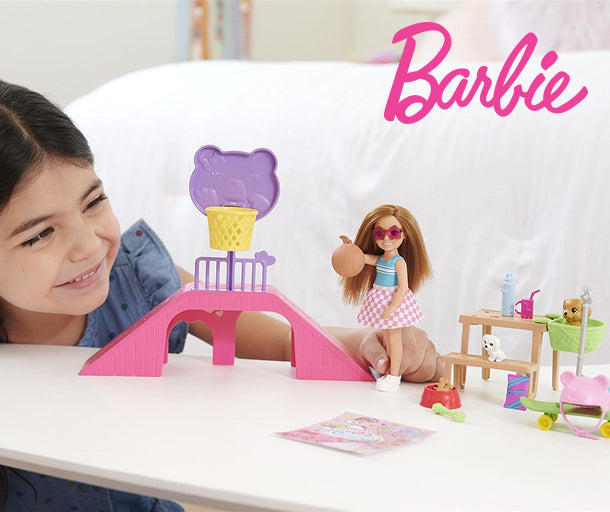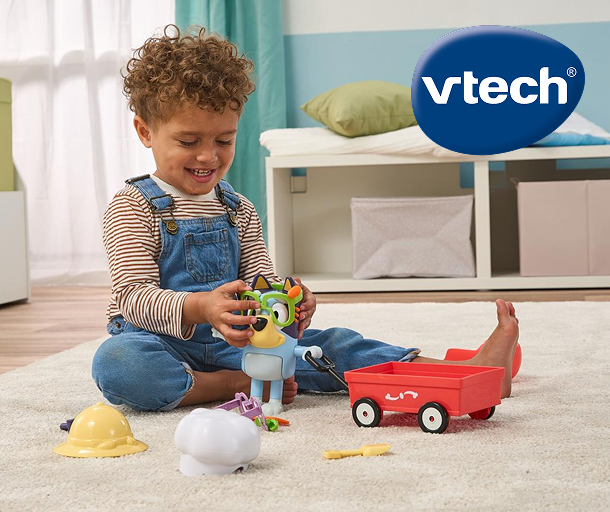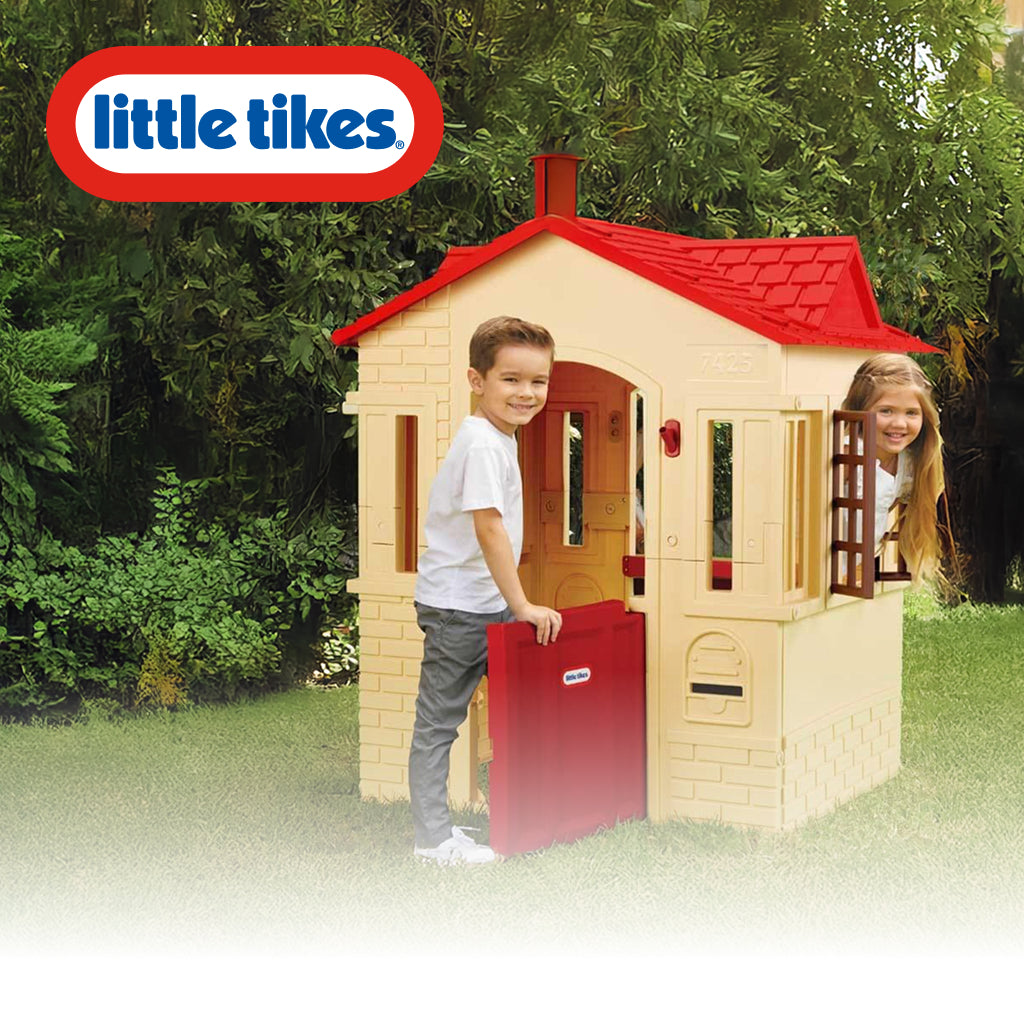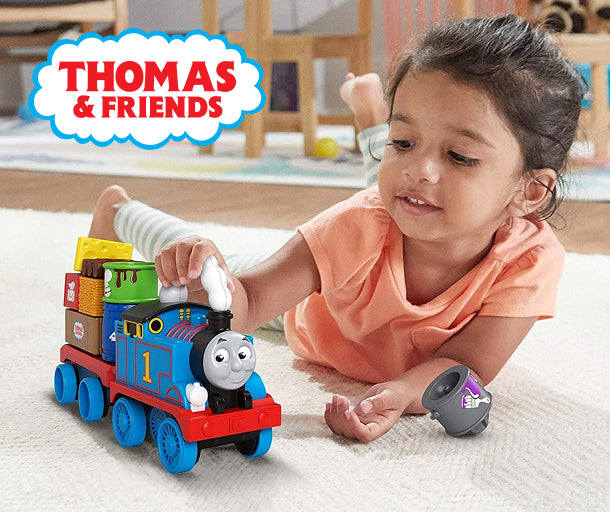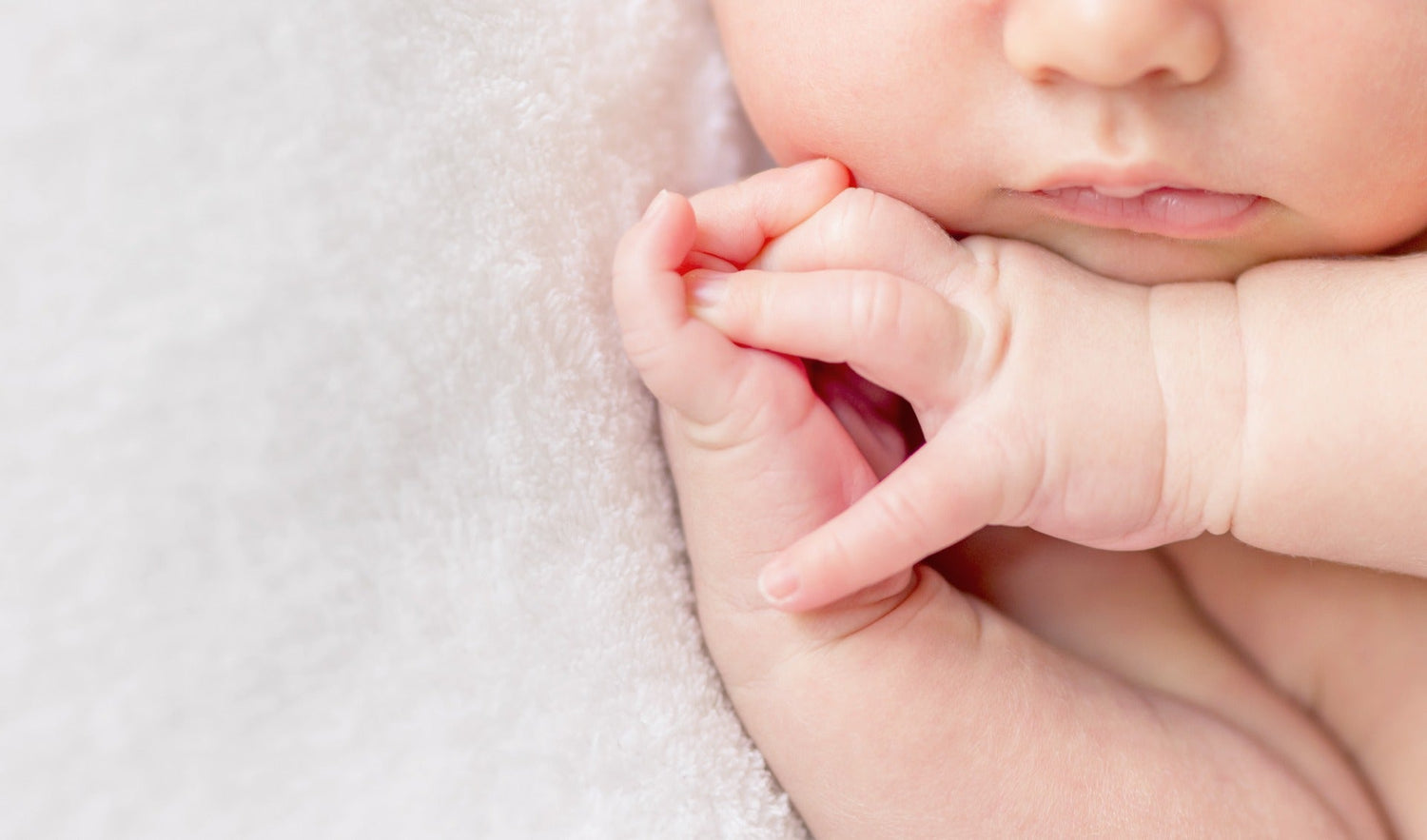Newborn sleep schedule: The importance of newborn sleep
Being a first-time parent or having a newborn in your life can be very overwhelming as there is lots of information to take onboard and understand. A pivotal part in a babies routine is sleep as they need plenty of it. It is vital to ensure your newborn gets the right amount to help them grow.
However, it can be difficult to understand how much sleep is the right amount and why babies need plenty of sleep. To help you with this, we have created a useful guide to aid you with your newborn sleep schedule and understand the importance of newborn sleep.


How much sleep do newborns & babies need?
Newborns and babies amount of sleep varies as they grow and develop. Due to this, it can be hard to know how much sleep your baby needs as their sleep patterns change. Here’s our recommendation of how many hours of sleep your baby needs depending on their age.
Between 0-2 months old
Newborns need a total of 14 to 18 hours of sleep. This can be broken down between during the day napping and night time sleeping to ensure they fit in these crucial hours. It is important to have the majority of these hours during the night, so that your baby begins to create a newborn sleep schedule that can aid them to sleep better as they grow older.
Around 6 to 8 of these hours of sleep can be taken during the day broken into multiple naps. While 8 to 10 of these hours can be for during the night as much as possible. Newborns wake during the night often for nursing. Breastfed newborns usually wake every 2 to 3 hours while formula-fed babies wake every 3 to 4 hours.
Between 2-4 months old
Babies between 2 to 4 months old need slightly less sleep, totalling around 12 to 16 hours. 4 to 6 of these hours can be taken during the day in small naps. The remaining 8 to 10 hours can be reserved for night-time sleep, if possible. Again babies of this age wake regularly still for feeds, but they begin to consolidate a sleep schedule at 2 months so it can be slightly easier for them to settle back down. Also, many babies can start to sleep through the night at 4 months old.
Between 4-12 months old
4 to 12 months old babies need the same amount of sleep as 2 to 4 months old, totalling around 12 to 16 hours. However, the difference is the majority of this sleep should be taken at night and so less hours of sleep are needed in the day. This is because from 4 to 6 months old, babies can start to sleep through the night, without waking for feeds, and sleep training, to cement a sleep schedule, can begin.
During the day around 3 to 5 hours of sleep in small naps is advised while at night your baby should sleep for around 9 to 11 hours. This night-time hours of sleep can be a work in progress depending on your babies age as they only start to sleep better at night. The majority of 6 month olds can sleep for 6 hours during the night and as they grow, this increases until they sleep through.
Every baby is different and working towards fulfilling these hours of sleep can be difficult as they consolidate a sleep schedule at different ages. It is very important to try and fulfil the hours of sleep but don’t worry if your baby doesn’t every day. Newborn sleep is very temperamental due to regular feeds and other needs, so getting as close as you can to the recommended amount of sleep is a huge plus.


Creating a newborn sleep schedule
During the first 2 months of life, newborns don’t follow a schedule for sleep and their sleeping habits are often erratic. Newborn sleep consists of naps taken in a 24 hour period that usually last between 1 to 4 hours. During these naps, newborns often wake to feed and so between 0 to 4 months it is not possible to create a newborn sleep schedule.
However, you can help newborns get the rest they need through soothing and regular habits that can then be incorporated into sleep training when they are older.
Have a bed-time routine
Create a predictable and soothing routine before bed-time such as feeding, walking and rocking. Doing this can help to set the tone for healthy sleep habits for when your baby is older.
Create a comfortable environment
Newborn sleep can be encouraged with a simple comfortable environment. In their bedroom, ensure they have everything they need for a comfy sleep and keep it quiet and dark. While during the day ensure your baby has plenty of light and sounds. Doing this can help to form a sleep rhythm and consolidates this later in their life.
Have calm and short feedings
For night feedings, soothe your newborn by keeping the atmosphere calm and as dark as possible. Use a dim light, to ensure your baby doesn’t fully wake, to encourage drifting back to sleep after a feed. Make sure that the feed is as short as possible and try to avoid your newborn falling back to sleep with a bottle or your breast in their mouth.
Put your baby down when sleepy
Look out for key signs that your newborn is sleepy such as rubbing their eyes or crying. Once you notice a tell-tale sign that your baby is tired, lay them down in their bassinet or cot. Laying a baby down before they fall to sleep aids with independent sleeping when they are older. They can begin to build confidence and be comfortable with falling to sleep on their own.
Provide your newborn with plenty of tummy-time
Providing your newborn with regular, supervised tummy-time during the day can help with their night-time sleeping. Tummy-time can increase the length your baby sleeps during the night when they are older. It can also develop vital motor skills and strengthen their neck and shoulder muscles.
During carrying out these healthy sleeping habits to aid your newborn with their sleep, ensure to enforce safety whilst sleeping. Lay your newborn down on their back to reduce any risks and dangers. It is ideal for them to sleep alone for their safety too, so avoid co-sleeping habits. Remove any toys, soft bedding and blankets from the cot before your baby sleeps to keep them safe and sound.
Remember that newborns won’t build a sleep schedule right away and it is normal for their sleeping habits to be all over the place. It is best to create a newborn sleep schedule based on your baby’s signs and carry out these good habits when you spot they are tired.


The importance of newborn sleep
Newborn sleep and sleep for babies is critical in so many ways. Sleep helps with little ones health and well-being and if they don’t get enough, it can seriously affect them in a negative way.
Not only does sleep help babies minds develop, but it can also help them to process experiences and skills, improve vocabulary, boost their mood, aid them to focus and improves their memory and motor skills. Plus, sleep does so much more for babies!
Helps babies to grow
During their sleep, newborns and babies are physically growing. As they are snoozing away, their body releases human growth hormones which are connected to their height, bone density and muscle mass. This means that babies do a lot of their growing during their sleep. From 0 to 6 months old, they grow 1 inch a month and then half an inch a month after this age.
If your baby isn’t getting enough sleep, this can impact their growth hugely. Many babies who don’t get 12 hours of sleep a day can often have shorter body lengths than those who do. But don’t worry too much if your baby is struggling with their sleep for various reasons such as illness. Babies tend to have a larger growth spurt after an illness when their sleeping starts to become more normal again.
A good amount of sleep boosts their mood
Having a good amount of sleep boosts your baby’s mood significantly as it keeps their brain functioning. This means they can control their emotions better after a good rest. Babies that have had less sleep tend to be more irritable and can have tantrums often.
If babies don’t get enough sleep then this can affect their mental health and well-being negatively. It can also determine their sleep habits when they are older and can even lead to mental health issues, such as anxiety and depression, once grown. It is vital to promote good sleeping habits to help your baby get as much sleep as possible, from as young as you can, to reduce this and boost their mood.
Lots of sleep helps the whole family
When your baby isn’t sleeping much, you and your family aren’t either! This means that not only is your baby tired, moody and upset but you and your family can feel that as well. It can feel much harder to be a parent and look after your baby when you feel like this. Lack of sleep for everyone can also increase marital problems, worsen post-partum depression, creates struggles with breastfeeding and can even age parents as much as 7 years!
Having the right amount of sleep helps you and your baby to feel better so you can give them the care and attention they need. It also reduces risks of making the wrong choices, as you and your family can be more alert and pay attention to the baby and their needs.
Develops memory
Sleep can help to develop babies memory and language skills before and after learning. Having plenty of sleep can form weak memories into strong and recognisable ones. Babies that have lots of sleep can help prevent losing their memories and build strong language skills.
Napping can also clear the part of the brain that’s in charge of learning and keeping memories. If your baby gets the right amount of naps in their day, they can store their memories and learning and create space to hold new information once they have woken.
Aids the immune system to be healthy
As your baby sleeps, they produce a protein called cytokines that helps to beat infections and illnesses. If your baby doesn’t get enough sleep, they reduce their amount of producing this protein and become more prone to catching illnesses and infections. Plus, they can find it more difficult to fight the infection or illness off as their body hasn’t produced enough cytokines, so it can take longer for them to recover.
Builds motor skills
Babies tend to move a lot during their sleep and are usually noisy. They twitch and have spasms often, which is their body’s way of building their motor skills and sensory skills while they sleep. Therefore, these movements your baby has in their sleep, teaches their brain about their limbs and what they can do with them.
Having a lack of sleep, can reduce this important learning time as your baby won’t be experiencing the movements as often. This means that for prolonged lack of sleep, your baby can find it more difficult to develop and explore their motor and sensory skills.
Provides learning opportunities
Even though it may not seem like it, sleep can actually provide your baby with learning opportunities. As they sleep, newborns brains can process and retain new information so that they learn something new. This could be anything from an experience they had during the day to discovering their motor and sensory skills.
They can also learn movements and build their language skills while asleep. They can learn sounds and meanings of words from listening to your voice during the day, or while they are sleeping. If your baby gets enough sleep and naps, they can be more likely to understand words and broaden their vocabulary when they are older than if they don’t.


Use our guide to create a newborn sleep schedule that aids your newborn to develop a sleep pattern when they are older. Ensure your newborn can get as much sleep as possible to help them develop an array of vital skills and set them up for regular, healthy sleeping habits as they grow.
Try out our suggestions to help your baby with sleep and don’t worry too much about hitting the recommended hours of sleep every day. Newborn sleep can be difficult and one bad night won’t affect their ability to develop various skills and grow. Keep on trying to reinforce positive sleeping habits and encourage your newborn to sleep often, so that they can reap the rewards of a good night’s sleep.



